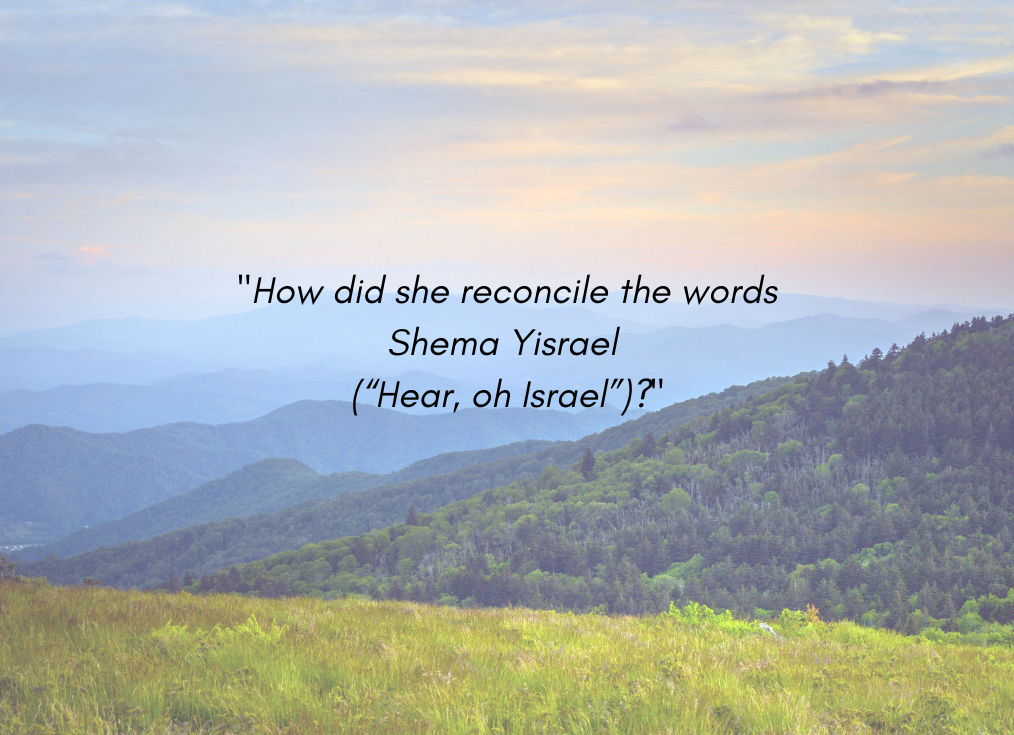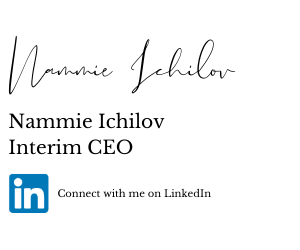A Blessing and a Curse

August 14, 2020
About twenty-five years ago I had a life-changing Jewish experience that re-calibrated my understanding of how to appreciate the words of the Torah. I was a few years into my career as a Jewish educator, and I was supervising a community-wide Jewish teen program that incorporated a number of shabbaton experiences that immersed high school students in a Jewish weekend away from home. Each shabbaton was themed around a Jewish content area, and on this particular weekend we were focusing on Jewish ethics and the treatment of others.
Unbeknownst to the teens, we invited another Jewish teen from outside our community as a guest scholar-in-residence. The catch, this teen came with her sign interpreter because she was profoundly deaf. It was an amazing weekend for the teens to engage with this incredible guest. In fact, when it came time for our service on Shabbat morning, our guest showed the group how a member of the deaf Jewish community actively participates in the Torah service. To say we were all, students and counselors, in awe of her engagement and connection to her Jewish practice would be a terrible understatement. However, even in the midst of all of this, this was not when I experienced my epiphany.
My moment of sudden insight actually occurred when our guest shared her words of Torah. What none of us noticed earlier in the service was how this teen participated in the Shema prayer. Because it is customary to close one’s eyes when reciting the Shema, no one thought to look over and see how our deaf guest would recite a prayer that clearly excluded her and others like her. How did she reconcile the words Shema Yisrael (“Hear, oh Israel”)?
What we learned that day, and what I left the shabbaton with that year, was a revelation that although the Torah has its literal meanings, which have tremendous value in guiding and enlightening our Jewish practice, it’s messages and lessons are of such great value that we should never get too lost in the simple translation.
In this week’s Torah portion, Reeh, we receive, “a blessing and a curse” (Deut. 11:26). Once upon a time, I would have understood this to literally mean what it says. However, today, because of that experience over two decades ago, this verse means so much more!
One of the best parts of my job is engaging in conversations. It’s talking to community members about the resources that are important to them for a Jewish community to provide. It’s talking to colleagues about the challenges and opportunities we face, and about being thought partners to each other’s ideas. It’s talking to donors about their passions and interests and discussing how the Jewish Federation can be the best stewards of their philanthropic gifts. It’s engaging with the staff to brainstorm, innovate, and think about how we ensure the continuity of community services during a global pandemic like we have never faced before. This is my blessing.
Unfortunately, my curse is that not everyone sees the Jewish community like we do. Not everyone understands the importance of having an agency like the Jewish Federation to guide, protect, secure, and plan for our collective future. When the Jewish Federation is described as a “fundraising agency” we have been cursed with misunderstanding. Our mission is SO much more, our purpose SO much greater! But that is our curse and we must struggle to overcome it, and that is why G-d shared that we were given a blessing first so that we know we can overcome the struggle and challenge.
So how did our guest “translate” Shema you are still wondering? The deaf community translates our daily declaration of faith as “focus”. To them this prayer is not telling us to literally “hear” G-d’s words, rather, it is telling us to wake up, to focus our attention and notice who we are, why we are here, and what is happening around us!
Shabbat shalom.

